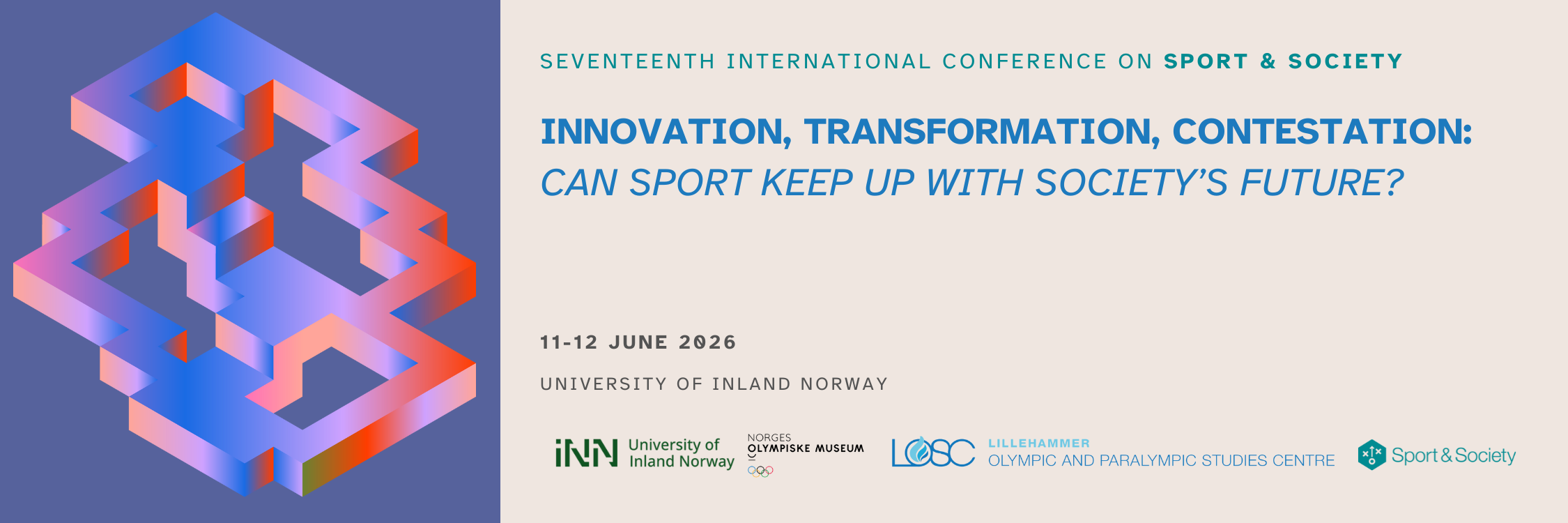Abstract
Hans-Georg Gadamer’s philosophy of play redefines understanding as a dynamic and participatory process in which meaning arises not from individual mastery but from the interplay between participants. This paper interprets the Los Angeles Dodgers’ enduring success through this hermeneutic framework, arguing that their victories are not the result of financial resources, star contracts, or raw talent, but of a collective philosophy that allows the game to “play itself.” The Dodgers’ disciplined patience at the plate, selfless defensive coordination, and deeply internalized team ethic demonstrate a form of understanding grounded in trust, reciprocity, and shared rhythm. Each of the 26 players on the roster embodies this ethos, subordinating individual achievement to the team’s unfolding dialogue. In Gadamerian terms, the Dodgers exemplify play as an event that transcends subjective control: players participate in, rather than dominate, the movement of the game. By reading baseball through Gadamer’s hermeneutics, this paper proposes that excellence in sport arises not from possession or domination, but from attunement—an openness to others that transforms competition into a collective act of understanding.
Presenters
Graciel ApoloAssistant Lecturer, Department of Philosophy and Humanities, Mindanao State University - Iligan Institute of Technology, Lanao Del Norte, Philippines
Details
Presentation Type
Paper Presentation in a Themed Session
Theme
Sporting Cultures and Identities
KEYWORDS
Gadamer; Hermeneutics; Philosophy of Sport; Collective Understanding; Play; Baseball; Los

